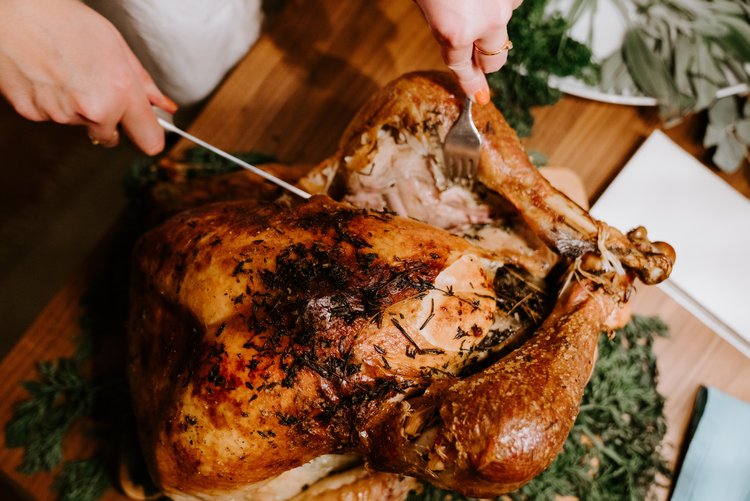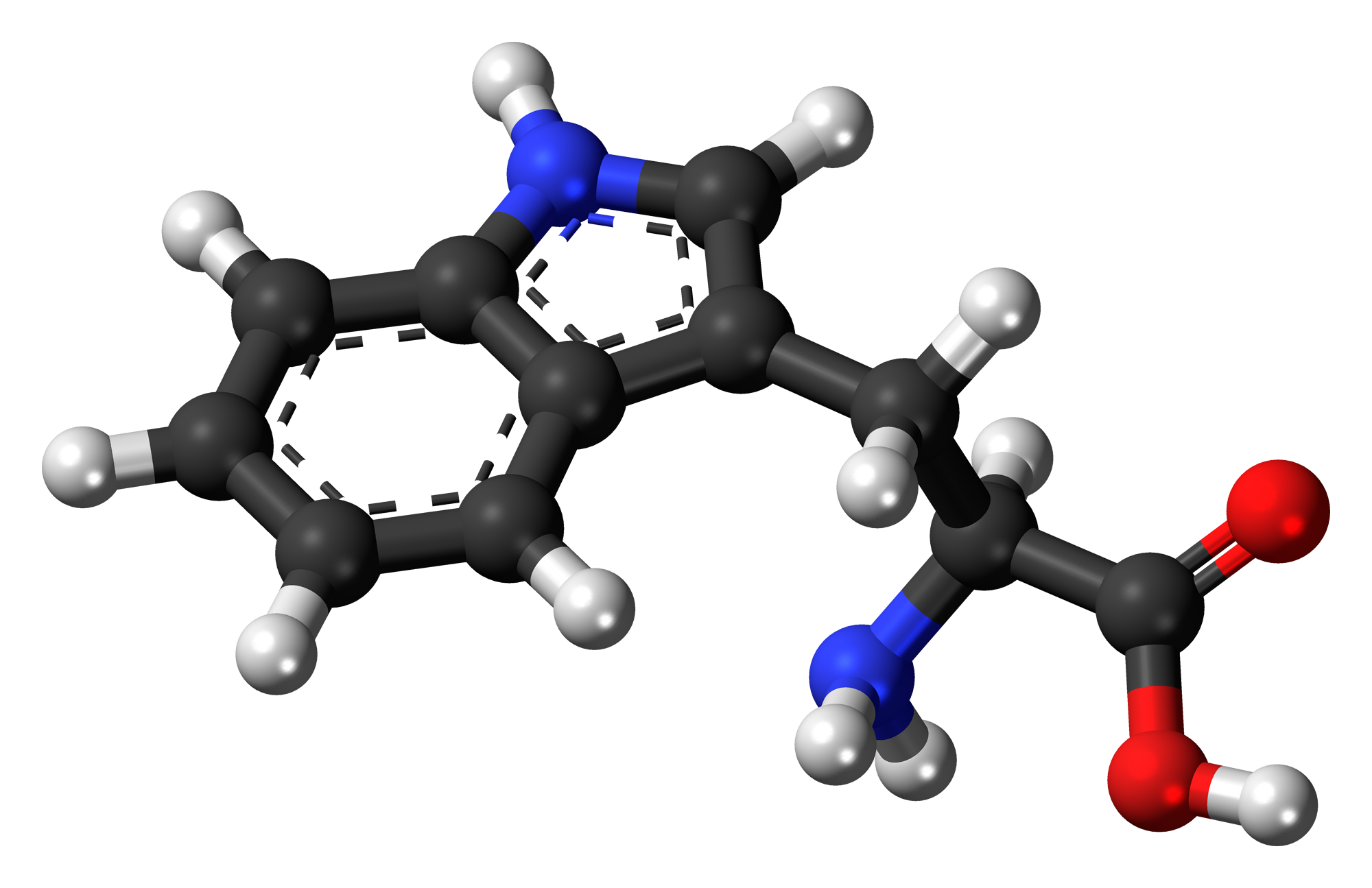The holidays are a great opportunity to show your kids how biology plays into everyday life, and Thanksgiving is no exception.

This time of year, turkey brings to mind corn, mashed potatoes, and green beans, but from the standpoint of science, you may find yourself thinking about tryptophan. Your family is familiar with that lethargy that comes after a hearty serving of Thanksgiving turkey, and tryptophan is often seen as the culprit. But is it truly to blame?
Tryptophan is an essential amino acid. It’s one of the building blocks of protein. Since our bodies can’t produce it, we must get tryptophan from food. Besides turkey, tryptophan can be found in milk, tuna, and bananas. In fact, contrary to what you may think, there’s more tryptophan in cheese and nuts than turkey—think about that next time you’re snacking.

So is it true? Does tryptophan really make you tired? The answer is a little more nuanced than a simple yes or no. In addition to muscle building, tryptophan has a critical role in the production of serotonin in our brains. Serotonin has several purposes—from controlling our appetite to regulating our mood—and this includes the production of melatonin, the hormone most famous for helping us sleep. Following this train of thought, yes, tryptophan (indirectly) helps humans feel tired and fall asleep, and this has been supported by some studies that show a correlation between improved sleep quality and a tryptophan-rich diet.
Having said that, don’t blame tryptophan for that post-turkey drowsiness. For one, the presence of other amino acids limits tryptophan’s impact—as they’re all competing to reach the brain—and turkey is loaded with them. Even more to the point, scientists say that post-meal sluggishness has more to do with how much you eat rather than what you eat to celebrate the holiday: It’s the amount of food, not the type, that causes blood to rush to your stomach, leaving your brain with less blood flow and giving you that tired feeling. At the end of the day, it’s a matter of quantity more than anything else.
“…scientists say that post-meal sluggishness has more to do with how much you eat rather than what you eat to celebrate the holiday…”
So this year, when the family is sitting (laying) around after a hearty Thanksgiving dinner, shed some light on the tryptophan your uncle is blaming for his fatigue. It may just make him tighten his belt when next year comes around.
If you’d like to learn more about these types of questions, consider having your very own science boxes shipped to you each month. They answer loads of interesting questions about the living world!
Your students’ first BioBox is not just a starter kit, it is an introduction to the biological world.
Microscope Box
The Microscopic World
Get your own microscope and learn to use it